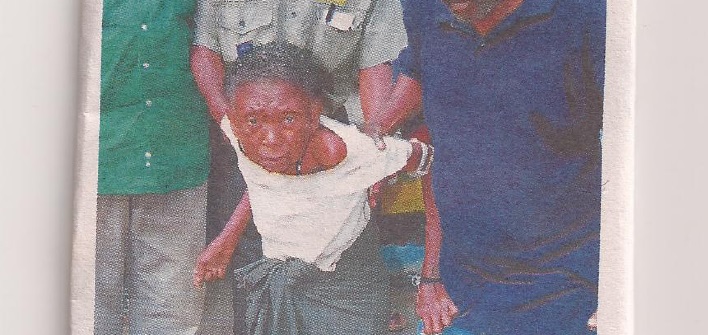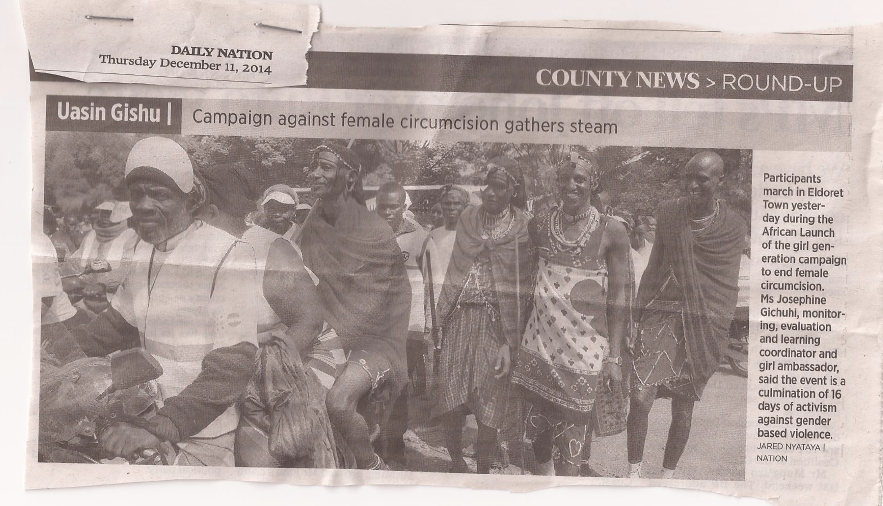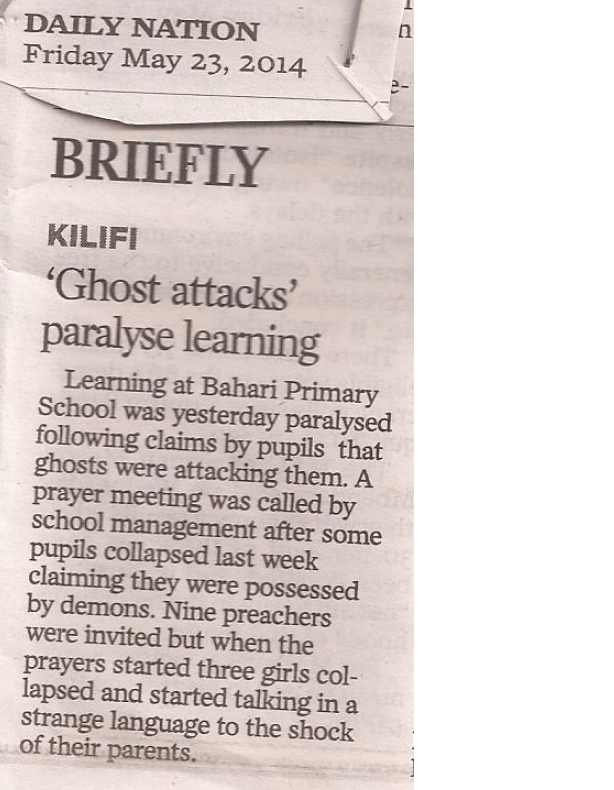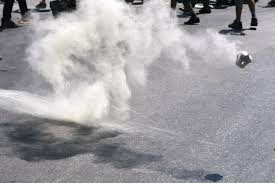
Maltreatment of the elderly
I was named after my grandmother (cũcũ)
In my tradition, the first girl is named after their father’s mum – so her name continues to live on. Usually, most grandmothers are content with just one name, the tribal name, being passed on. Cũcũ would have none of that, all her son’s first born girls were to be given both her names or none at all. So I shared the same name with my three cousins: Tabitha Wanja.
Cũcũ ’s house was a meeting point over Christmas, cũcũ was always ‘Tafitha’ and every ‘Wanja’ was therefore called out by some description to differentiate between us: ‘Wanja wa Embu’, ‘Wanja Kana’, ‘Wanja Kanini’,‘Wanja Munene’ which translates to ‘Wanja from Embu’, ‘Wanja the child’, Wanja young’, ‘Wanja older’. I was ‘Wanja wa Embu’, in the photo, i am standing next to our matriarch.
Cũcũ was among the few elderly people left in that area of Nyeri for a long time so she was regarded very highly. Although as her namesakes, culture allowed us to treat our cũcũ as an equal, we did not see her as childish. She was witty and I remember her having a lot of authority in the homestead. My drinking uncle would hide his habit from her and she would scold him like a small boy if he dared to disrespect her by appearing before her drunk.
My father held her in high regard, building her a nice home and hiring someone to stay with her in her house. She had stubbornly refused to live with any of her children even when it was obvious that she was not coping.
When my father died in 1997, cũcũ, like any mother forced to bury her child, lost the will to live. When her health deteriorated, she got fed up with hospitals and refused to be taken there, even when she was unable to do anything for herself. She said she would curse anyone who dared take her to hospital as she wanted to die in her house. No one was used to disobeying cũcũ so none dared take her to hospital. She died peacefully in her sleep in 1998. Her mental capacities were intact to the last minute
Cũcũ would have loved her funeral, seeing all her children together in church, along with grand-children and great grandchildren. She had lived and died in dignity. Cũcũ taught me how to read Kikuyu as I fumbled through the bible when she lived with us for a few months in late 1980’s – 90’s, after she had eye surgery. I could not wangle away from my job of reading her a chapter of the bible every evening. And every-time I read to her, she would summarize it for me neatly – her mind was so sharp! Sometimes I would be reading to her as my brothers watched ‘Moonlighting’, my favorite TV series, I would be hearing the sound track and cussing my luck. I would try to rush through the reading but cũcũ sensed when she was being short-changed, so I choose those short chapters in the New Testament – those short letters of Paul to the churches.
Because of cũcũ, I have a high regard for old people – I think of all the stuff in their heads – those experiences we only read about in books that they walked through. Through her, I learned that death in old age was not an enemy. When your day’s work was done, ‘resting’ as cũcũ put it, was something to look forward too.
But things have changed. Even my mother has noticed that the young despise the old. She has also noticed that her age-mates are trying more than they should to stay young. Her age mates, in their mid to late 60’s, long to be considered younger than they are and are trying all sorts of applications to stem the signs of age on their face.
Instead of age being respected for the wisdom and wealth of experience, people joke about memory loss, hearing and teeth loss. It is no longer something to be revered but detested – we live in an era that worships youthfulness.
Being old is no longer what it used to be.
In Kilifi, the old don’t just have to deal with this disrespect, they are being killed by their relatives . I blogged about it a while ago using this photo of Nyevu who was accused of being a witch and had to be rescued from her family.
This topic has been covered in all media and a street march organised in Kilifi a while ago… but the killings continue. It has reached a point where the Kilifi county government has decided to enact a law to protect the elderly from being killed.
The article says that about 5 to 10 cases of elderly people being killed a week are reported in Kilifi county. According to a local, these poor old people are not killed by a bullet but by gratuitous chopping of body parts.
The World Health Organisation (WHO) recognizes the maltreatment of the old as a public health problem.
http://www.who.int/violence_injury_prevention/violence/elder_abuse/en/
WHO states that between 4-6% of elderly people experience some form of maltreatment in the home. This is predicted to increase as many countries start to experience a rapidly ageing population.
In my next blog, I hope to talk a bit more about the origins and solutions of ageism – this rampant discrimination of the elderly .
Comments
-
tabsmwangi
thanks Ogada – the worship of youth and maltreatment of the elderly is on a steep rise…… we can stem it one parent at a time and I pray we both do our bit.
-
katana
incredible>>>>>>>>>>>you got my thinking about ageism,where is respect for the aging now?,we used to honor and credit them.
Comments are closed.









Ogada
very interesting read…. where did humility and respect for the old disappear… I have a lot of work with my children.